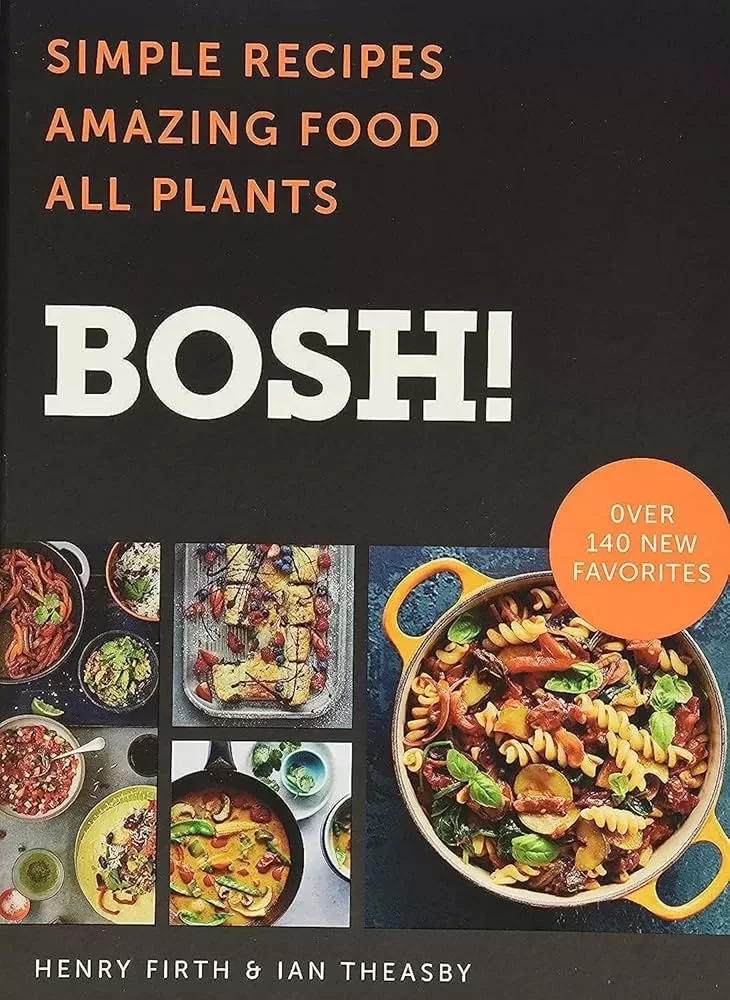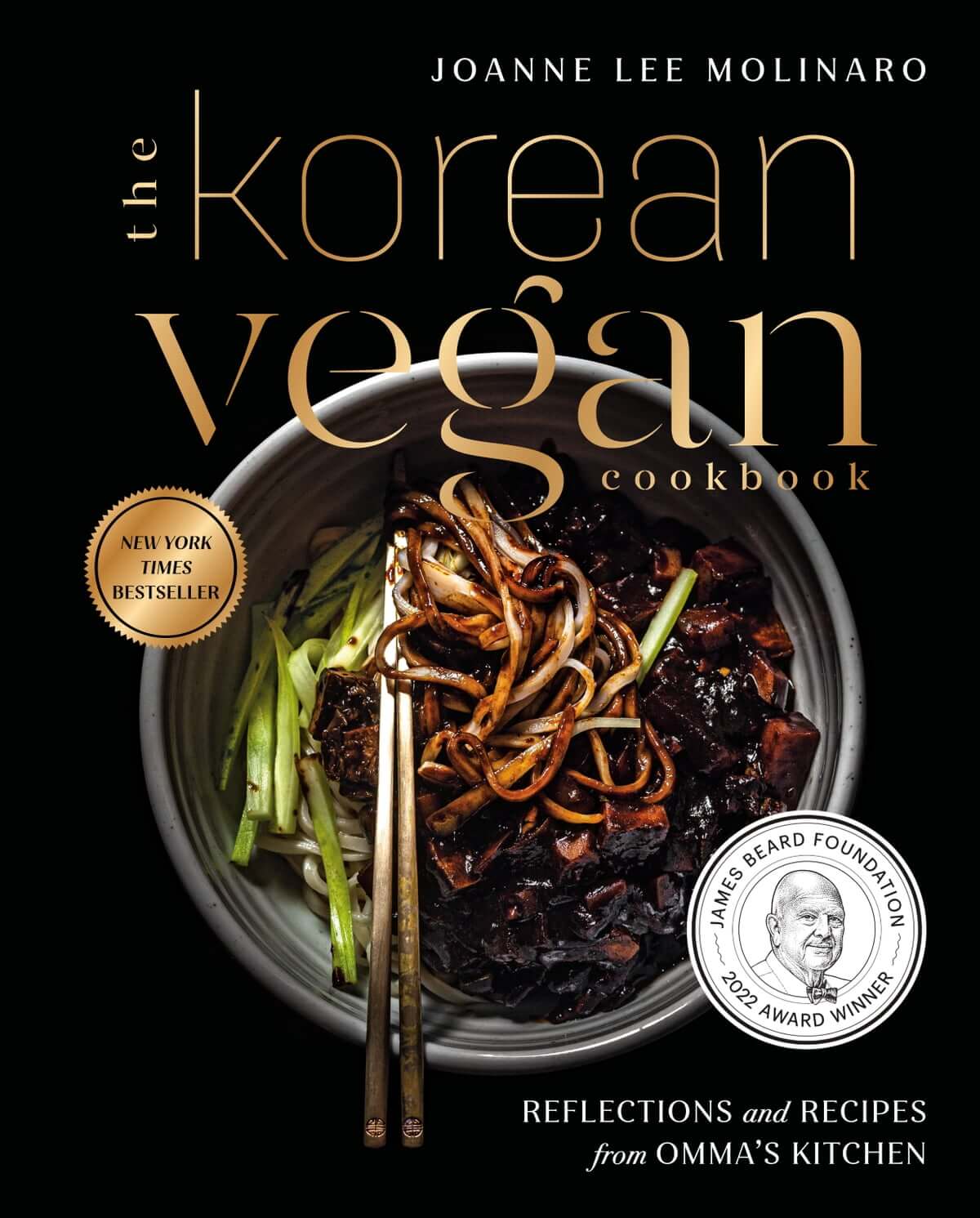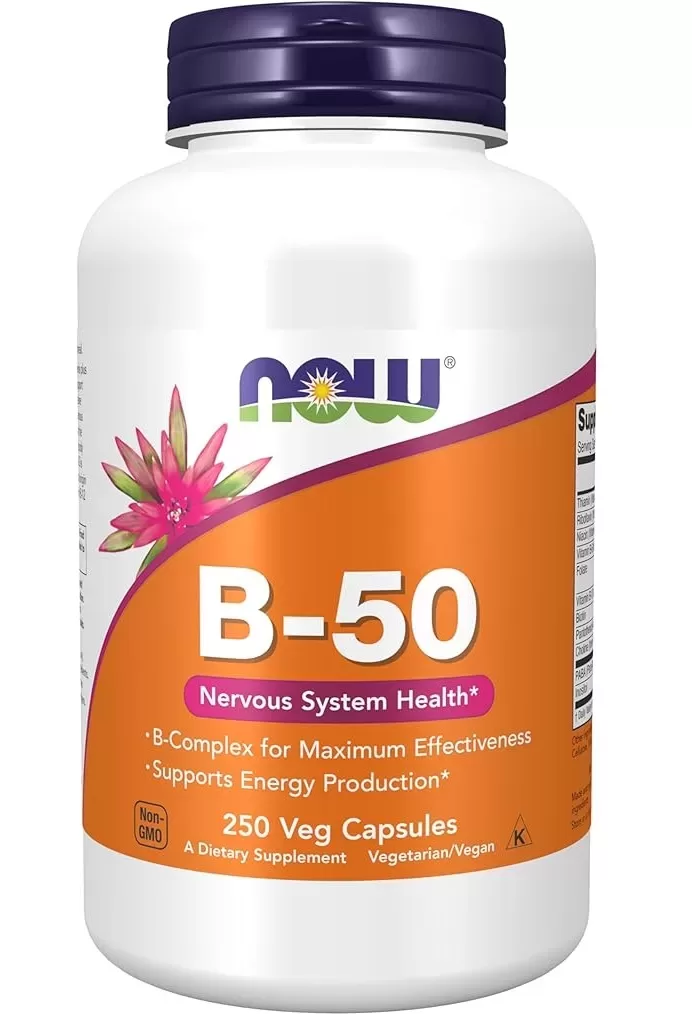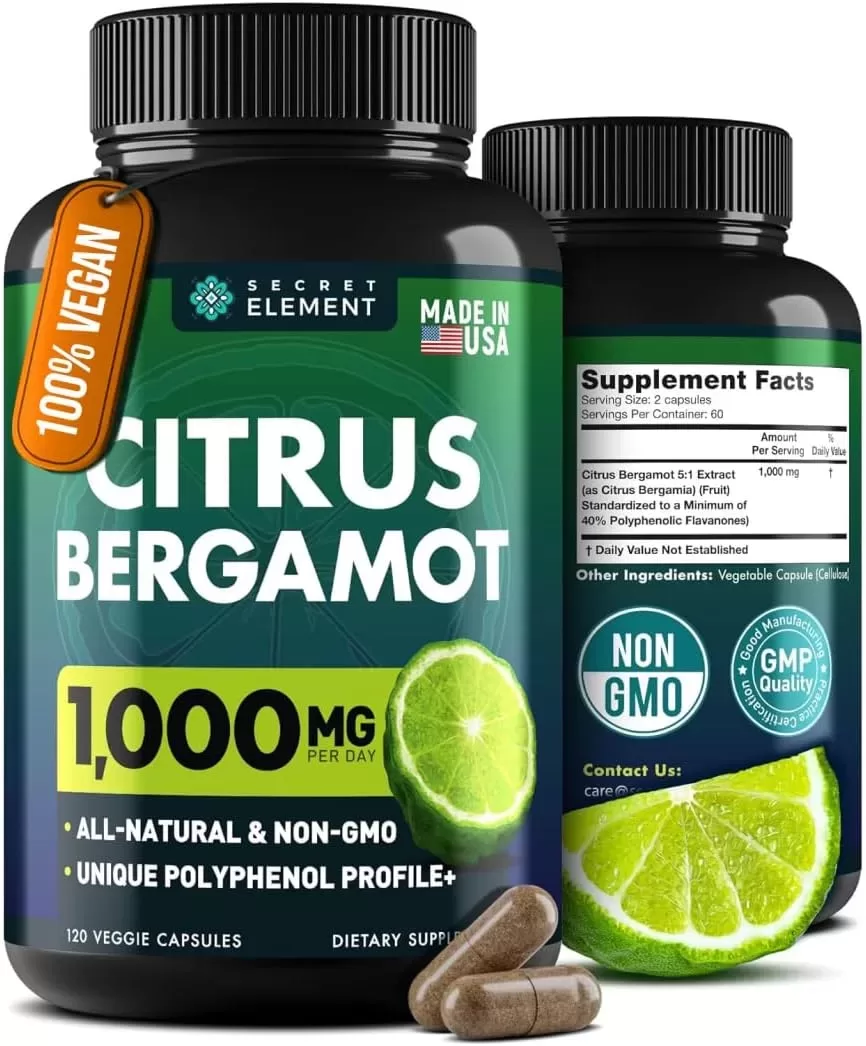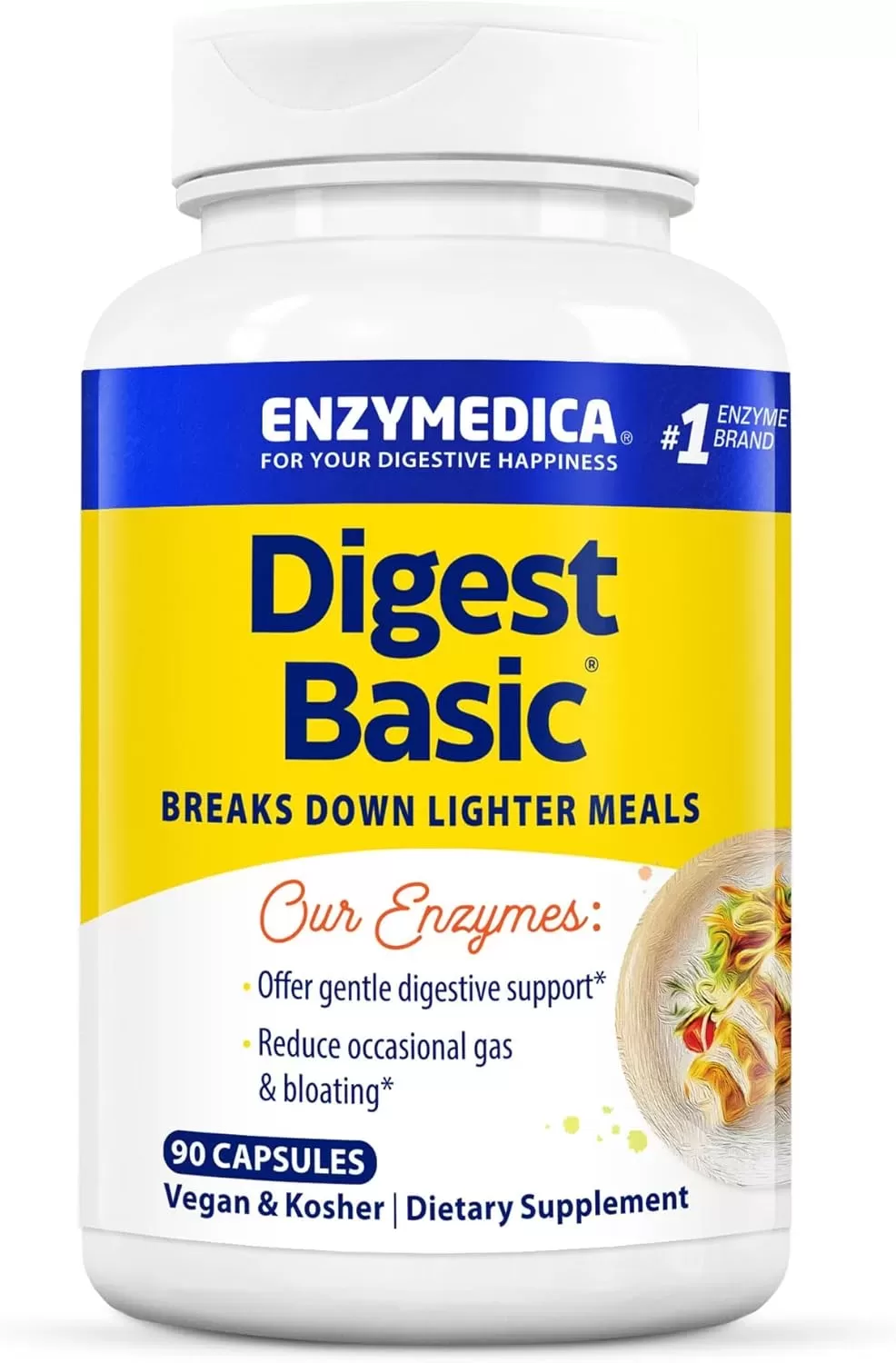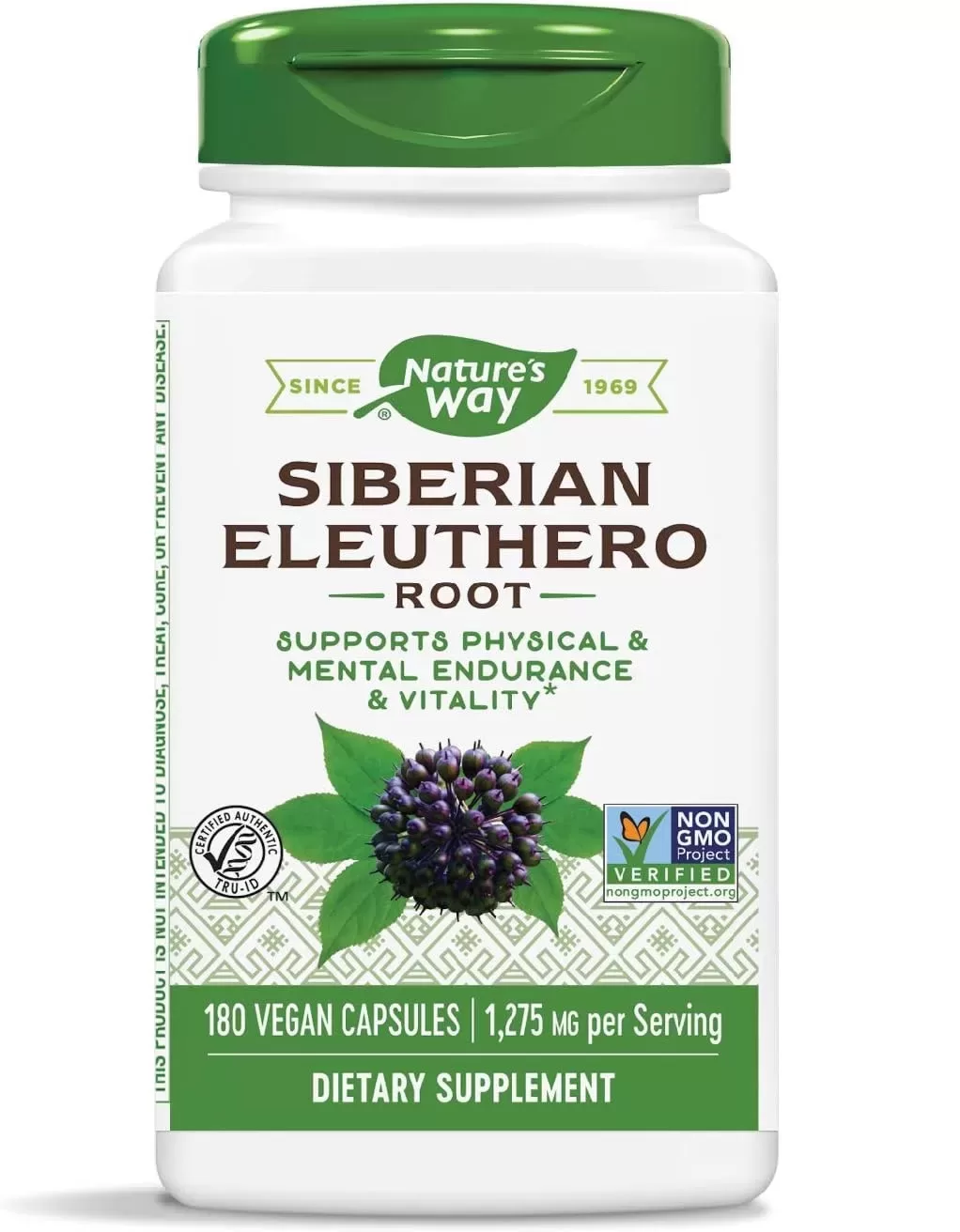From food to fashion Food to fashion, celebrities are increasingly investing in the environment. When brands collaborate with celebrities, their efforts, influence, and reach can catalyze substantial transformation.
In the fashion world, leather is now a faux fashion as consumers are aware of the negative environmental and cruelty of transforming animal skins into footwear, bags, and jackets. Oscar-winning actor and eco-activist Leonardo DiCaprio is championing a more sustainable future.
DiCaprio’s latest investment involves LOCI, a British-based vegan and cruelty-free brand of shoes that has just raised PS4 million ($4.6 million) in seed capital. The brand will use the funds to support its “impact-driven mission further” to change the world of footwear.
“I am a proud investor in LOCI, a brand dedicated to minimizing its impact on the environment and focused on creating ethical, cruelty-free footwear,” DiCaprio writes in an announcement.
DiCaprio is a well-known investor in sustainable businesses. In the past, the actor was instrumental in helping biotech start-up VitroLabs get $46m through an A round of funding to finance its scalable tissue engineering platform that can create a skin with just some animal cells. DiCaprio has also included Beyond Meat, HIPPEAS, and Califia Farms among his sustainable vegan investment options.
Vegan sustainable footwear
It was founded just 15 months after its inception; LOCI is already differentiating itself from other brands in the fashion world. Instead of finding new materials for its sneakers – typically worn by stars like Mila Kunis Ben Affleck, Jessica Alba, and vegans Duskstar Nikki Reed – the eco-friendly brand recycles plastic for its footwear.
Every LOCI shoe is made of 20 plastic bottles that divert plastic waste from landfills and oceans. The brand has taken nearly one million bottles of plastic from oceans and wastelands, which can threaten marine life.
The impact of LOCI’s industrialization is more than just the selection of the materials (all are sourced locally in Europe to minimize the environmental impact). While other fashion houses seasonally produce their products, LOCI prides itself on its production cycle, which is monthly. Producing shoes on this cycle every month can minimize its environmental impact and reduce the amount of waste.
In particular, the generation of waste is an issue that has been a problem for this industry over the years since fast fashion has become more well-known. In reality, approximately 92 million tonnes of textile waste is generated every year.
Through its unique production process, use of recycled plastics, and donations to groups dedicated to the conservation of the ocean (among these are See Turtles, Sea Shepherd, Mission Blue, and British Divers), LOCI is moving towards sustainability in the fashion industry.
“Today, sustainability is one of the most used buzzwords,” says Philippe Homsy, LOCI co-founder and chief marketing officer.
“We are determined to allow LOCI to stand out from the crowd and be judged on our impact. Through education, innovation, and generosity, we’ve developed an enterprise model that’s powered by our love for what we do. With [DiCaprio], we could not imagine a more loyal and more committed partner.”
Lewis Hamilton is getting into the sustainability movement with the vegan-friendly burger chain
LOCI is only one of the vegan brands with celebrity endorsements committed to sustainability.
Neat Burger, the race-based fast-service chain founded by vegan Formula 1 champion Lewis Hamilton and is backed by DiCaprio, recently revealed its long-term plans for an online launch. Its primary motivation, according to co-founder Zack Bishti, is sustainability.
“Humans are inherently selfish,” according to Bishti Food Navigator. “Even though we might do our best often just because of convenience or simply because we don’t want to sacrifice, our spending habits suggest otherwise. This is because we want to ensure the viability of”the “Trojan horse.”
To help customers make more environmentally sustainable selections, Neat Burger focuses on the three pillars of its approach: the taste of its products, customer acquisition, and a long-term retail strategy.
The fast food chain has already been enticed by the flavor of its fast food that is vegan. In 2000, Neat Burger announced its plans to open seven additional branches in London, England. The chain currently has eight branches in London and one within New York’s Manhattan borough.
Neat Burger hopes to continue its growth strategy when it opens its first locations in Dubai and Italy. While doing so, Neat Burger hopes its fast-food establishments will draw in retail customers while launching their retail debut.
“Restaurants represented a [means of] acquiring customers who can come and try the product in its best light, feel the brand, and like it,” says Bishti. “Yours is a part of the larger idea of community building. If we can create this community for the long-term, I am sure we will succeed.”
Not only will this strategy aid in preparing for the launch of the restaurant’s retail store It will also assist customers — who are already familiar with and love the company’s vegan offering make more sustainable buying choices. With its established customer relationship, Neat Burger hopes to be a contender in the increasingly competitive alternative protein market.
Vegan meat Heura raises $20 million.
In Europe, The plant-based brand Heura is another major player in the vegan market, advancing with the support of famous athletes and athletes worldwide.
The brand, first introduced in 2017, has recently announced its most successful six-month period. It raked in EUR14.7 million ($14.5 million) in revenue during the first quarter of 2022. That increased EUR7.6 million ( 7.5 million USD) in the first quarter of 2021.
The announcement comes following Heura joining forces with a range of retailers across Italy, the UK, Italy, France and Switzerland, and France, increasing the retail presence. In addition, the company’s vegan products are now increasingly finding their way into the menus of restaurants.
Last month, Heura raised a $20 million bridge financing round to boost its momentum. With the backing of Spanish NBA superstar Ricky Rubio (who plays for the Cleveland Cavaliers), soccer players Sergi Busquets, and Sergi Roberto as well as comic David Broncano, Heura is already in the process of releasing a Series B financing round that promises to be Europe’s biggest B round vegan meat sector.
Recent developments in the industry are but some of the famous investment opportunities that help create the future of sustainability. For example, the year before, Ashton Kutcher became an associate of Steakholder Foods (formerly known as “MeatTech”) when his venture fund vowed to work with the meat business to help accelerate the commercialization and development of their products.
Natalie Portman’s vegan bacon brand La Vie recently made headlines when Burger King locations across France added plant-based bacon to their menu. Also, earlier in the fall, the actor Woody Harrelson helped vegan food company Wicked Kitchen secure $20 million in a fresh round of financing to help further propel its expansion.




